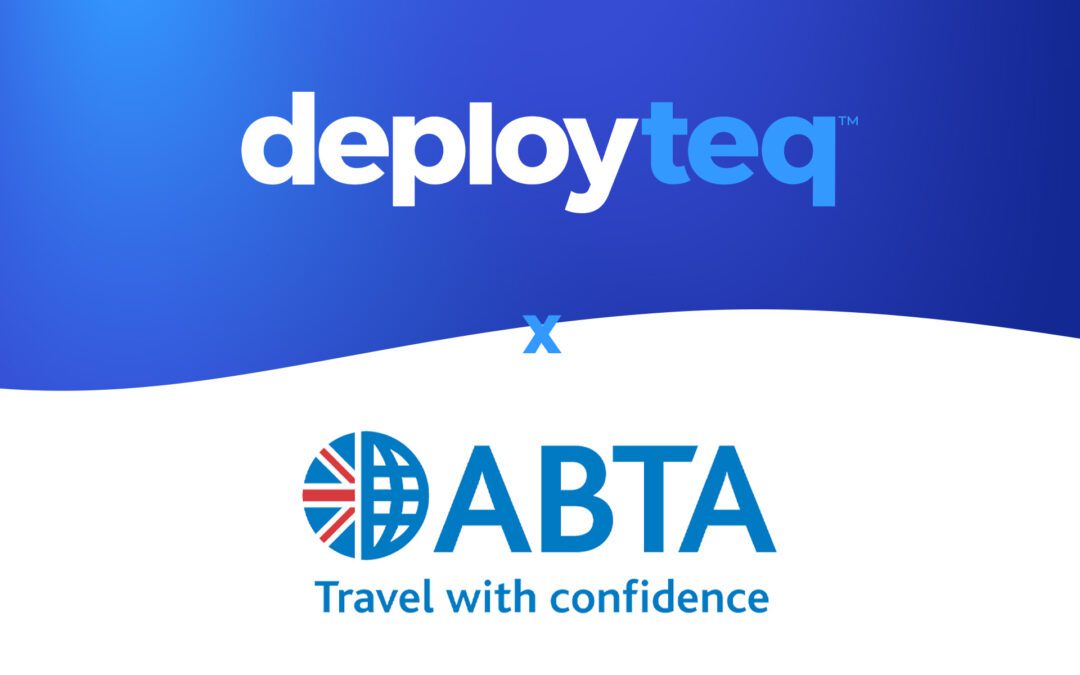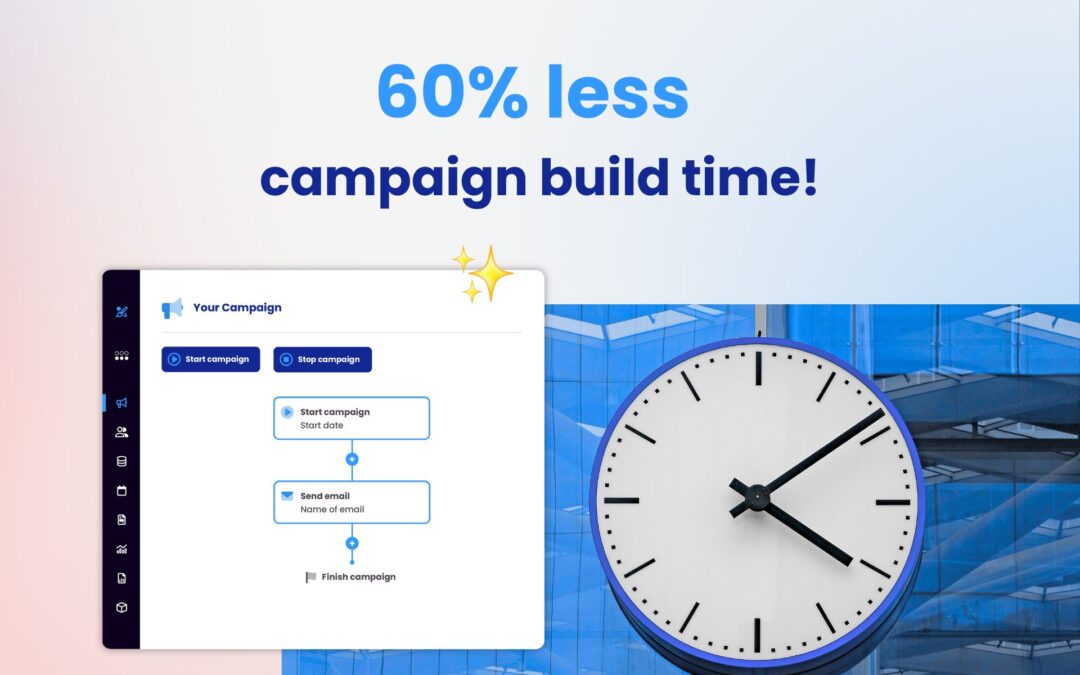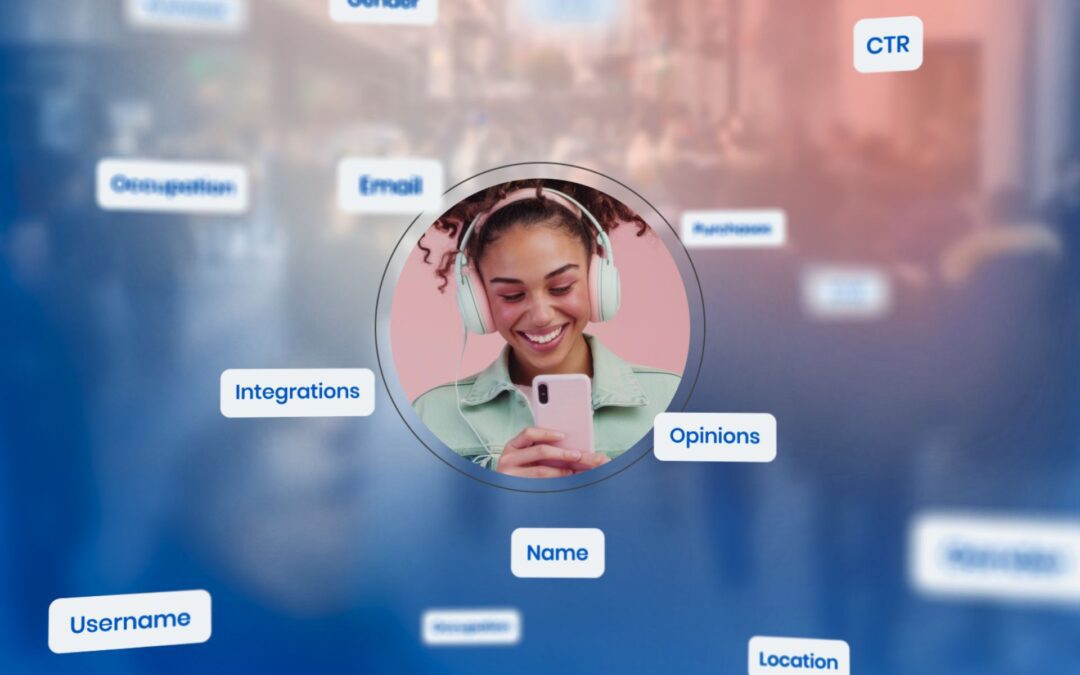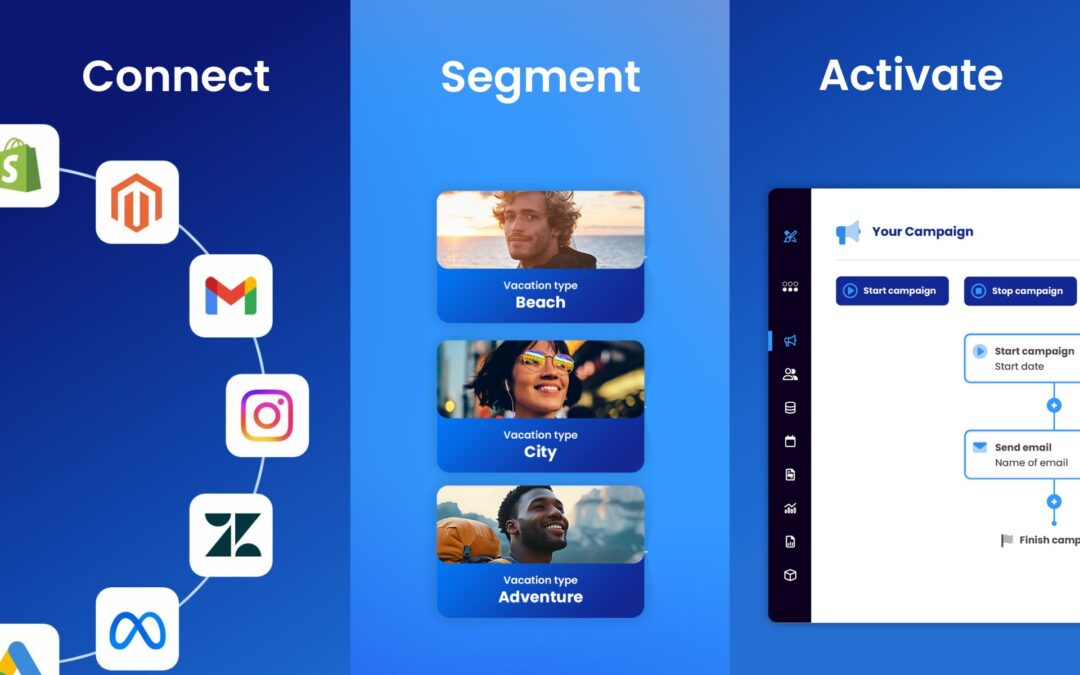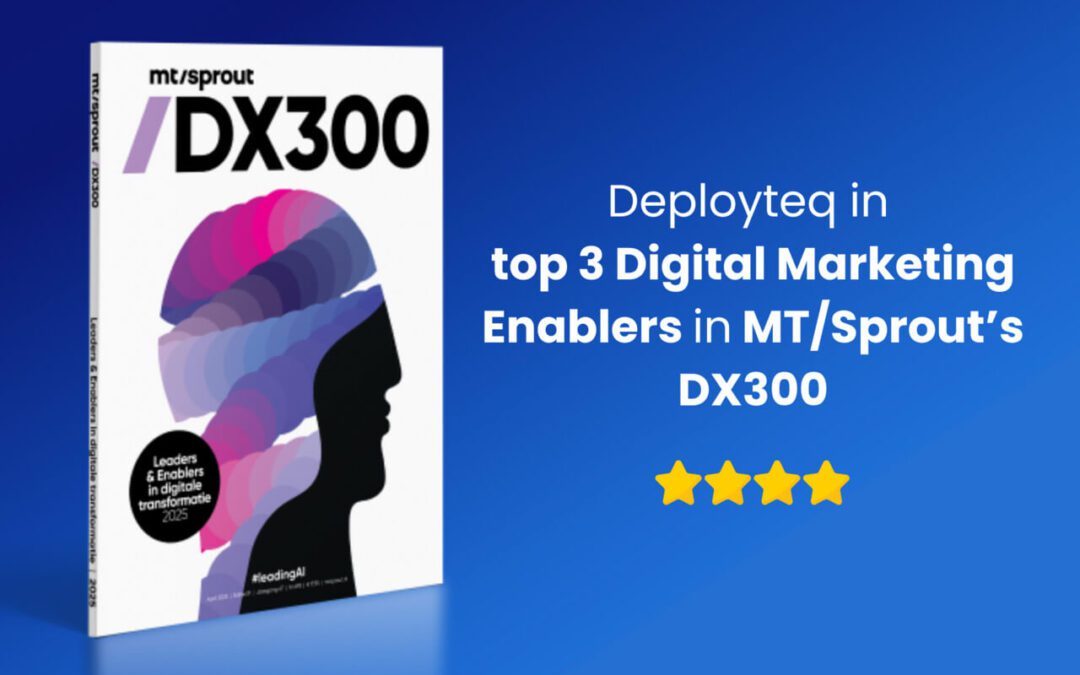In today’s highly competitive retail and E-commerce landscape, personalisation has become a game-changer for businesses looking to engage with modern audiences, boost their ROI, and stay ahead of the competition.
At Deployteq, we have supported retailers such as The Original Factory Shop, Wickes, and Wacole to advance their personalisation tactics and reap the benefits of highly engaged audiences.
In this blog post, we want to share this knowledge so that other brands can benefit from retail personalisation. We’ll cover the importance of data, best-practice tips, and even the best tools to use.
Gathering data for email personalisation
The first step in any personalisation strategy is data.
Gathering data is essential for marketers to create targeted and relevant campaigns that truly resonate with their audiences. By understanding consumers preferences and behaviours, they can deliver personalised experiences that drive engagement and conversions.
Here are several effective methods to gather data for retail personalisation:
Previous purchases
Analysing the purchase history of customers provides invaluable insight into their preferences, interests, and spending habits.
By tracking the items that they have bought, marketers can execute tactics from basic segmentation to advanced retail personalisation. This could include tailoring their email content to promote related items, exclusive offers on relevant products, or highly personalised recommendations.
Lookalike profiles
Building profiles of other ‘lookalike’ individuals who have purchased similar items can offer additional data points for personalisation.
By analysing patterns and common characteristics among these customers, marketers can make informed assumptions about the preferences, needs, and demographics of their subscribers.
Helping them to create highly targeted email campaigns accordingly.
Preference centres
Implementing preference centres allows consumers to self-segment based on their demographics, interests, and communication preferences.
By providing a clear and user-friendly interface where subscribers can update their information, select their preferred content categories, and choose email frequency, marketers are able to gather highly sought-after, first-party data directly from their audience. Enabling them to practise a wide range of basic to advanced retail personalisation tactics.
Additionally, it puts the power back into the consumers’ hands when it comes to determining the types of communications they receive. Helping to maintain a positive relationship between the brand and the consumer.

Surveys and feedback
Conducting surveys and asking for feedback from subscribers can provide marketers with valuable insights into their audiences’ preferences, pain points, and desires.
These can come in multiple forms. Simple questionnaires, NPS surveys, and even quizzes.
Marketers can include targeted questions related to their interests or experiences with the brand, enabling them to gather specific data to help refine their email personalisation strategies.
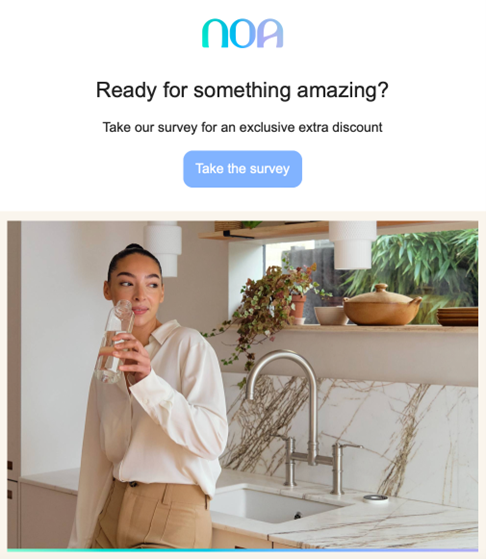
Best practice personalisation for Retail and E-commerce
Now you’ve gathered your data, you can start putting personalisation into practice,
But before you jump into executing campaigns too quickly, let’s explore some best practice tips to get the most out of your retail personalisation strategy.
Dynamic content
Dynamic content is a marketer’s secret weapon. Why?
Because it allows them to create highly personalised content for each individual recipient. Tailoring everything from copy and imagery to products and currency. And this is all achieved with the use of data and a single email template.
These emails can be tailored based on customers’ browsing behaviour, purchase history, demographics, or preferences.
By dynamically populating emails with relevant content, marketers can emulate a one-to-one, VIP experience that modern-day consumers not only crave, but demand.

Triggered emails
Triggered emails refer to communications that are automated, or ‘triggered’, based on a specific action or event.
These come in many forms, for instance abandoned basket reminders, post-purchase follow-ups, or product availability updates.
By creating event triggers in your email platform, marketers can benefit from streams of highly timely and relevant communications that engage the recipient with the right message at the right time.
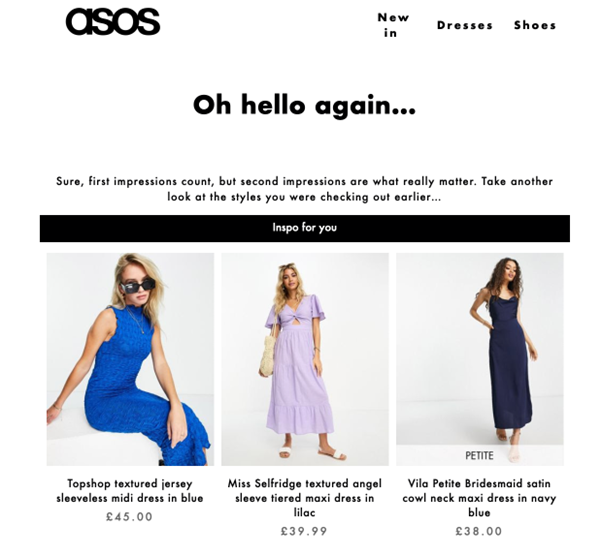
Subject line personalisation
Sometimes the most simple personalisation can make a big impact.
47% of email recipients open emails based on the subject line, so it’s important to get this step right.
Furthermore, personalised subject lines are 22% more likely to be opened, making this an obvious tactic for immediate email engagement.
Marketers can leverage data to personalise subject lines with dynamic elements such as the recipient’s name, location, or specific products; making a big difference to open rates and overall engagement.

Testing and optimising
No matter how sophisticated your personalisation tactics, continuous testing and optimisation are crucial for ongoing success.
By conducting A/B tests on different personalisation elements, such as subject lines, email content, or product recommendations, marketers can identify what resonates best with their audience. Helping them to focus their efforts on the tactics that really make an impact.
Tools to use for Retail and E-commerce
All of this sounds great, but how is it achievable?
Unfortunately, personalised campaigns cannot be sent at scale manually. Instead, for marketers to plan and execute personalisation strategies that really make an impact, they’ll need the right tools.
Fortunately, there are some great options for businesses of all sizes.
Deployteq is a no-code marketing automation platform that enables marketers to reach millions of customers with personalised global campaigns and communications, in real-time.
With the use of Deployteq’s sophisticated technology, it is easier than ever to deliver intuitive, fully connected campaigns that engage audiences throughout every stage of the customer journey, whilst generating conversions.
This is achieved through Deployteq’s array of tools, incorporating marketing automation, transaction email, data platform, alongside their account management and support services.
Shopware is an innovative E-commerce platform that stands out for its powerful personalisation capabilities, enabling brands to create highly tailored shopping experiences for their customers.
The platform leverages customer data and behaviour analysis to deliver personalised product recommendations, dynamic pricing, and individualised content.
Furthermore, Shopware’s intuitive interface allows retailers to easily customise their storefront, displaying personalised banners, promotions, and messaging based on customer segments.
Shopping Minds offers an industry-leading solution for data management.
By harnessing its advanced AI-driven capabilities, the platform can efficiently gather and analyse vast amounts of consumer data. All of which can be utilised to gain valuable insights into behaviour, preferences, and market trends.
Shopping Minds also provides comprehensive analytics and reporting features, allowing businesses to make data-driven decisions and optimise their marketing strategies.
Final thoughts
There is no escaping the power of personalisation in marketing.
Consumers demand it, and your competitors are doing it. So, if your personalisation strategies are falling behind, it’s time to get up to speed.
Worry not, no matter what your level of expertise, with the right technology and support you can start excelling in personalisation in no time.
If you’re ready to get started, then we’d love to help. Simply contact us to hear how Deployteq and our team of experts can support your retail personalisation journey.



